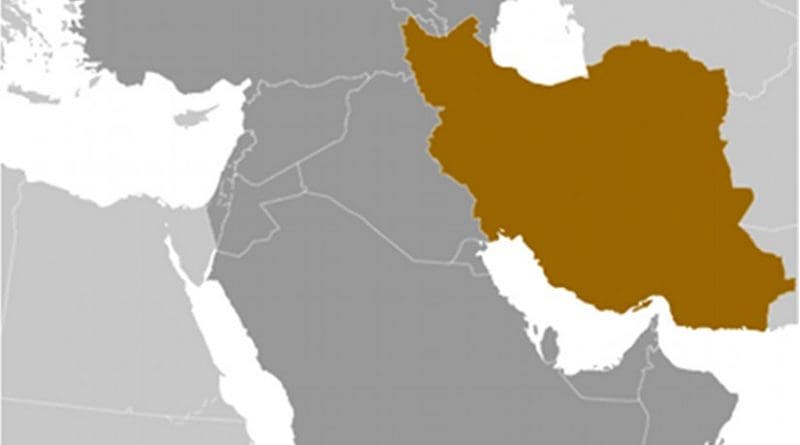Iran Nuclear Talks: Beware Of False Analogies – OpEd
At a pivotal time when the nuclear negotiations between Iran and the world powers (i.e., UN Security Council’s Permanent Five plus Germany) are underway and show tangible signs of progress in light of the breakthrough agreement reached in Geneva last November, it is important to avoid false steps that can harm the delicate negotiations.
As stated by Iran’s Foreign Minister, Dr. Mohammad Javad Zarif, Iran has faithfully implemented its obligations under the “interim” agreement, by allowing unprecedented inspections of its peaceful nuclear facilities on a daily basis and adopting a number of other important “confidence-building” measures. With good-faith negotiations, achieving a final-status agreement that would address the interests and concerns of both sides is certainly feasible. This depends on, among other things, the ability of Western governments to insulate themselves from the familiar pattern of vilification and demonization of Iran that, unfortunately, has gone into overdrive since the signing of Geneva agreement; otherwise, these talks are destined to doomed results.
Scholars of international relations have shown us numerous examples of how misperceptions and false historical analogies have fueled conflicts, particularly in the Middle East. In order to reflect intelligently on the current Middle Eastern affairs including the Iran nuclear standoff, it is important to be aware of this subject and draw the necessary cautionary signs with respect to inapt narratives that seek to reframe historical events in order to promote their Iranophobic agenda.
In fact, the modern Middle East history is rife with examples of false analogies and “designed misperceptions” as a cognitive short-cut to dangerous and interventionist policies. Examples include the 1953 coup d’etat in Iran that overthrew a democratically-elected government that was stigmatized in the West as “turning Iran over to communists” after it nationalized the oil industry. Another example is Egypt’s invasion by the tripartite alliance of England-France-Israel, code-named “Operation Musketeer,” after Gemal Abdul Nasser’s legitimate nationalization of the Suez Canal in 1956 that earned him the nickname “Hitler of Middle East” in the Western media.
A bad analogy is often the sign of a distorted or misleading argument that confuse rather than enlighten and, worse, can degrade the possibilities for conflict-prevention. A third example is Bush administration’s decision to label Iran as part of an “axis of evil” alongside Iraq and North Korea, immediately after Iran’s constructive role with respect to the post-Taliban order in Afghanistan. This analogy was inflammatory, careless, and indefensible. Suffice to say here that unlike Saddam Hussain’s Iraq, which invaded its neighbors twice in one decade, Iran has not invaded any of its neighbors during the past two centuries and maintains cordial relations with all its neighboring countries. Nor Iran has any nuclear weapons ambitions, as reflected in the Supreme Leader’s edict against nuclear weapons and the various IAEA reports that confirm the absence of any evidence of diversion of nuclear material. The purpose of Iranophobic false analogies is clearly to deprive Iran of the “inalienable” nuclear rights that include the right to possess a civilian nuclear fuel cycle, enjoyed by so many nations unimpeded.
Consequently, any attempt to smear Iran’s exercise of its legitimate nuclear rights by drawing preposterous comparisons, e.g., with “Munich 1938,” is born of the contempt for truth and should be rejected by reasonable minds. Lest we forget, when the Iranian President Mohammad Khatami launched the “Dialogue Among Civilizations” at the United Nations, some US pundits denounced him, their objections stemming from calculated paranoia, which has been complemented on the artistic level by certain Hollywood propagandist movies that deliberately demonize Iranians, past and present.
A latest reminder of the unbounded Iranophobia in Western media pertains to the needless hoopla over a US aircraft carrier’s set design for an Iranian movie-in-making about the Iranian passenger airplane that was shot down by US navy in 1988. Despite Iran’s clarification about the issue, some Western media outlets that attributed sinister intentions behind it have refused to correct themselves. From Iran’s point of view, such flagrant examples of Iranophobia represent an unhealthy malady that needs to be addressed in the West.

